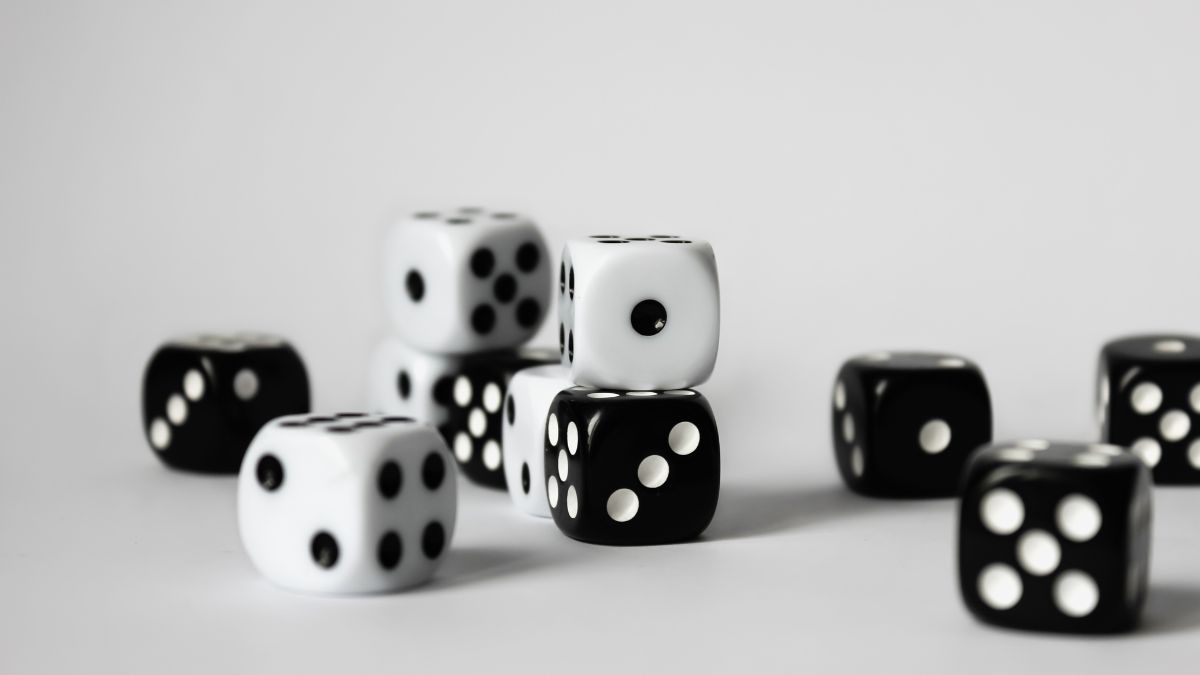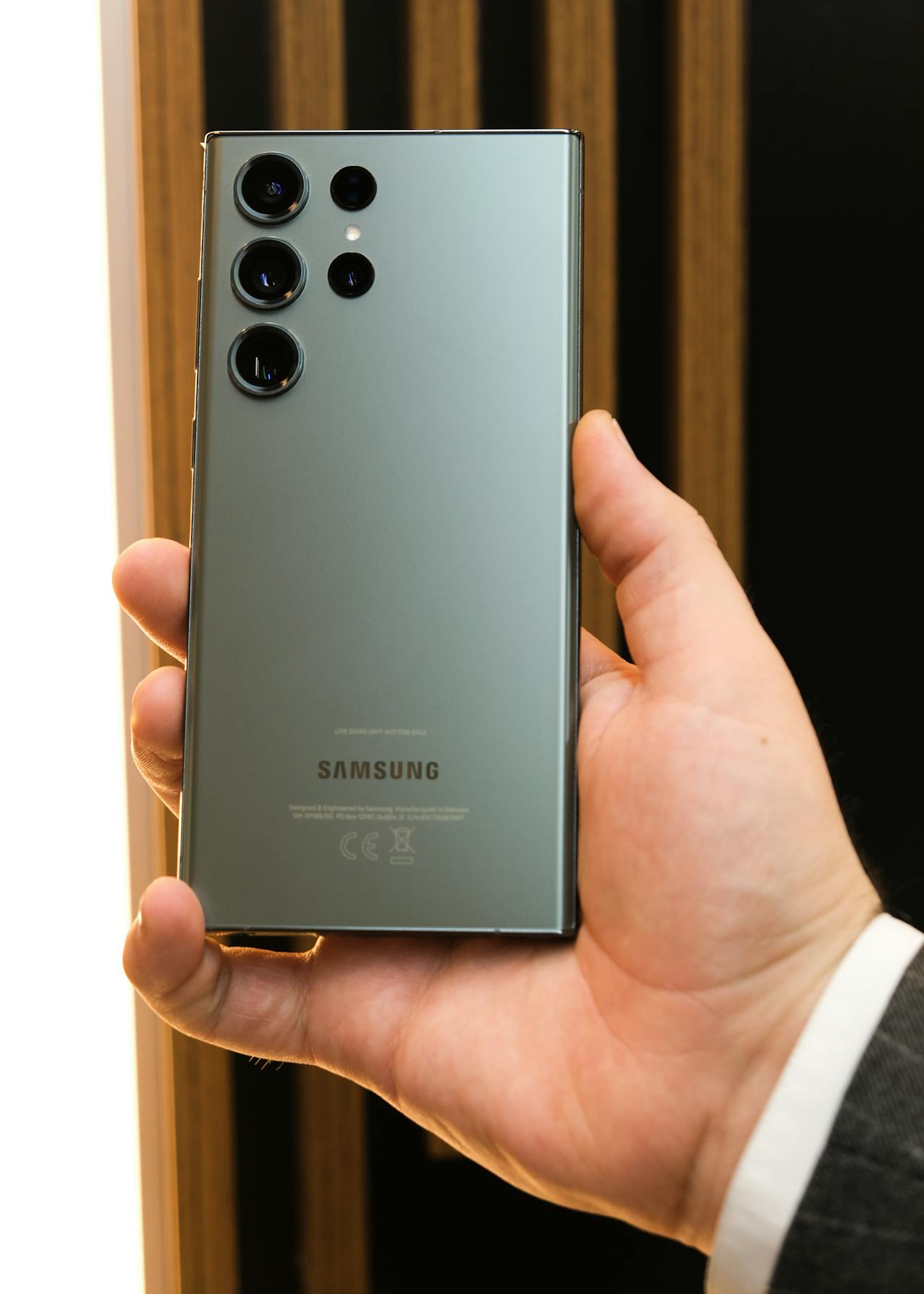When you hear “game of probabilities,” you might think of gambling, lotteries, or dice games. In today’s world, yet, probability reaches far beyond the casino table. From financial markets to artificial intelligence to entertainment platforms such as online casino Ontario, digital systems increasingly depend on chance, tokens, and prediction. These environments are not random chaos. Instead, they are structured around probabilities that guide human behavior, decision-making, and outcomes.
Tokens as the Language of Uncertainty
In both digital and physical systems, tokens act as units of meaning. A token might be a poker chip, a lottery ticket, or a cryptographic unit. Tokens tend to appear as chips or credits on the screen of internet casinos. In artificial intelligence, a token represents a small chunk of text, such as a word or even part of a word. At first glance, these uses do not appear to have any connection. But they share something important: each token exists inside a network of probabilities.
If you have a poker chip in an online casino, its value links to how likely your hand is to win. When you chat with a chatbot, it picks words based on the likelihood of many possible tokens. In both cases, the token is a bridge between raw chance and meaningful outcomes.
Probability as a Guide
In these systems, probability becomes less about superstition and more about design. It shapes user expectations. Players understand that not every spin wins. Still, they trust the game has a steady math structure. Similarly, people trust predictive text because it often selects the “right” next word. This balance between chance and structure creates both excitement and reliability.
The Psychology of Chance
Even when we know the math, humans are not purely rational with probabilities. Psychologists have proved that people overestimate low probabilities of high rewards. It’s why lotteries, slots, and video game loot boxes are always a hit. The possibility of winning a jackpot would take priority over the mathematical probability.
Probabilities in Everyday Life
Not all games of probability are about money. Many everyday decisions rely on mental probability models. Crossing a busy street involves predicting the chances that cars will slow down. Choosing when to buy a plane ticket involves guessing how likely prices are to rise or fall. Friendships also rely on probabilities. We assess how likely someone is to keep a promise or share our values.
Lessons from Online Casinos
Online casinos make the role of probability more visible. In a regulated market like Ontario, games must follow strict probability rules. Each token or spin is random within a mathematically defined framework. Trust comes from openness: when players see that the odds are clear and regulated, they’re more willing to take the risk. This regulated use of probability is clear. It differs from systems that hide or change probabilities.
Interestingly, this same principle applies to AI and predictive technologies. The more transparent a system is about its probabilities, the more trust it earns. Being open about casino odds or AI confidence levels helps users make smart choices.
Prediction, Risk, and the Future
As society becomes increasingly digital, tokens and probabilities will only grow more central. Cryptocurrency markets are like experiments in chance. Token values go up and down based on what people think will happen. Sports betting platforms integrate real-time probabilities that change by the second. AI continues to predict words, behaviors, and even medical outcomes.
At their core, these systems show one clear truth: humans do best in environments where chance is orderly, not chaotic. Tokens and probabilities give us a way to navigate uncertainty. They make randomness something we can play with, predict, and even profit from.
Conclusion
Existence itself has always unfolded as a matter of probabilities. What changes is how we design the playing field. Digital tokens appear in casinos, algorithms, and apps. They help us deal with uncertainty in practical ways. They are small symbols that connect math to meaning. In online casino platforms in Ontario, this design is clear and focused on fun. In AI, it is subtle, guiding the very words we read and write.
Both people and machines have developed the same tendency — turning patterns of chance into action. They turn chance to probability, and probability to behavior. It’s always the same game of odds, always. The tokens we use may vary, but the rules remain the same.















